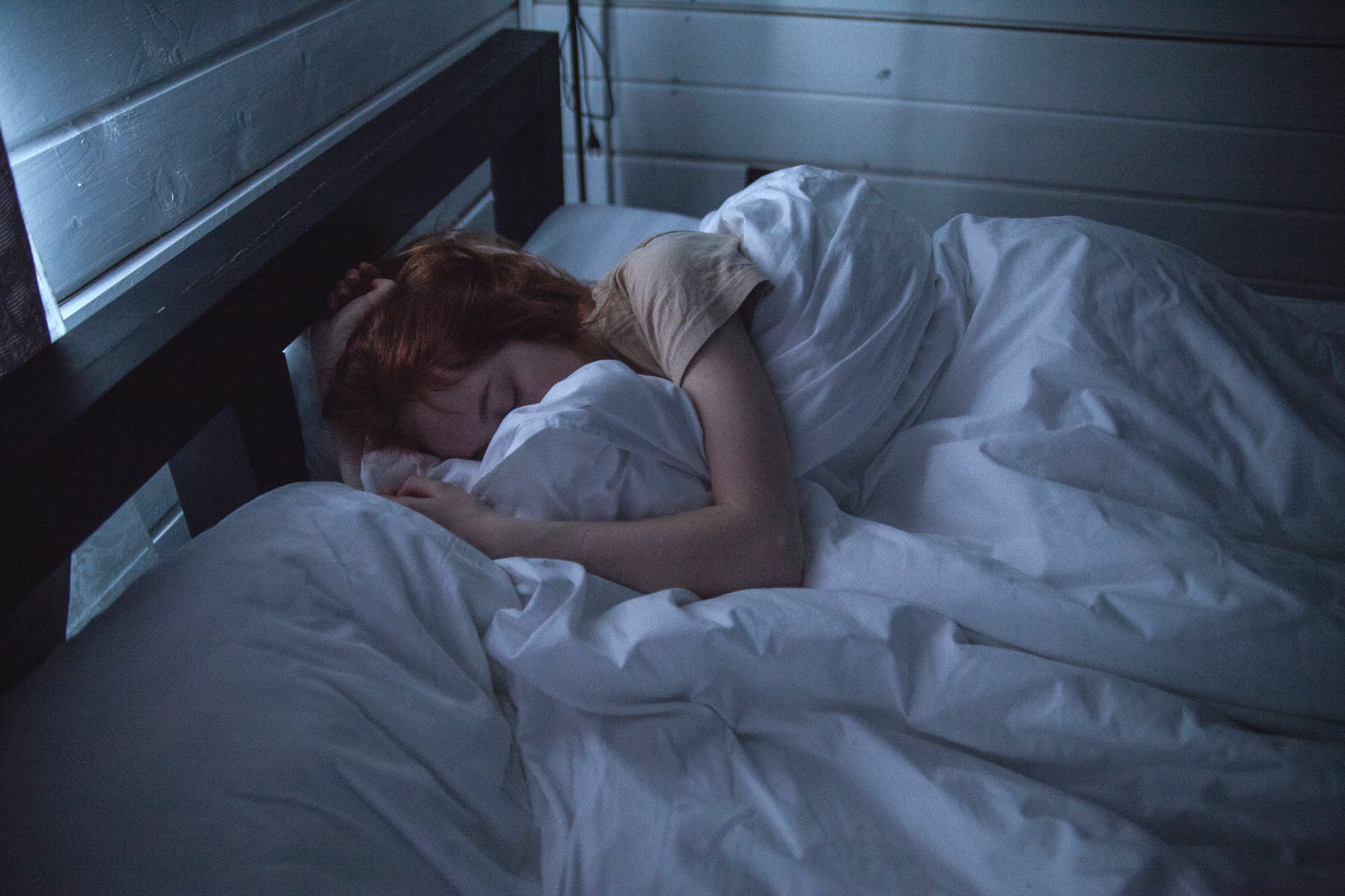Are you tired, but can’t fall asleep? When considering your overall health, don’t overlook the importance of getting enough sleep.
Oftentimes when trying to make improvements or even evaluating your general health, it is common to consider what are regarded as the two most important components: diet and exercise.
Whereas it is true that these are two very important aspects of being healthy, it would be a mistake to rule out the amount and quality of sleep you get as being unimportant.

If you find yourself struggling with your sleep, take the time to try to figure out why. It could be something as simple as an uncomfortable mattress. It could also be a warning sign of an undiagnosed health issue.
For example, having trouble sleeping can be a sign of thyroid disease and it would be in your best interest to rule out any health concerns with a thyroid blood test.
If underlying health issues are not behind your poor sleep, here are a few things you can do to make sure you get the best night’s sleep possible.
Tired, But Can’t Fall Asleep?
Are you tired, but can’t fall asleep? Here are some helpful suggestions to help you fall asleep faster, at night.
Habits to Promote Sleep
If you have ruled out the most obvious offenders to a bad night’s sleep such as an uncomfortable mattress or a room that is too warm, you may want to pay attention to other things you may be doing that stand between you and a restful night.
With the amount of technology that creeps into your daily life and becomes essential for you to perform most of your tasks, you may be keeping yourself awake needlessly by not getting away from the screen in the evening.
By using mobile devices such as laptops, cell phones, or tablets, the blue light emitted by the screen interrupts your body’s natural ability to produce melatonin. Melatonin is an enzyme produced by your body that lets your brain know it is time to go to sleep.
Don’t let stress and anxiety go unmanaged. If you have countless things running through your mind, it’s no wonder you’re not sleeping well. You can’t expect to sleep through the night if you are constantly worried about an upcoming project or deadline.
Try jotting your worries and concerns down in a journal. Sometimes writing things down that may be bothering you is enough to move them from the forefront of your mind.
Other effective ways to manage stress and anxiety are through the use of yoga and/or meditation; for the best results, try to make these a part of your nightly bedtime routine.

Consistency is key
Routine is your friend. Try to keep to a regular schedule as much as you can. Keeping a regular bedtime routine has proven effective at promoting better sleep; that includes avoiding sleeping in and keeping daytime naps short or avoiding them altogether.
If you nap too much, too late in the day, or sleep in later than normal in the morning, you run the risk of throwing your body clock out of sync and interrupting your ability to fall asleep at night.
Get as much exposure to bright lights, ideally sunshine, during the day as you can. Not only will the bright light help you feel energized, but it will also keep your body’s natural clock in rhythm. Being exposed to bright light during the day can help with improving your ability to fall asleep at night.
Avoid foods and drinks with high caffeine at least 6 hours prior to going to bed. Whereas consuming caffeine earlier in the day can help improve energy and focus, it takes approximately 6-8 hours to get out of your system. If you find yourself craving a coffee or soda in the evening, choose caffeine-free.
Making small changes to your daily routines can help improve your ability to fall asleep as well as the quality of sleep you get.